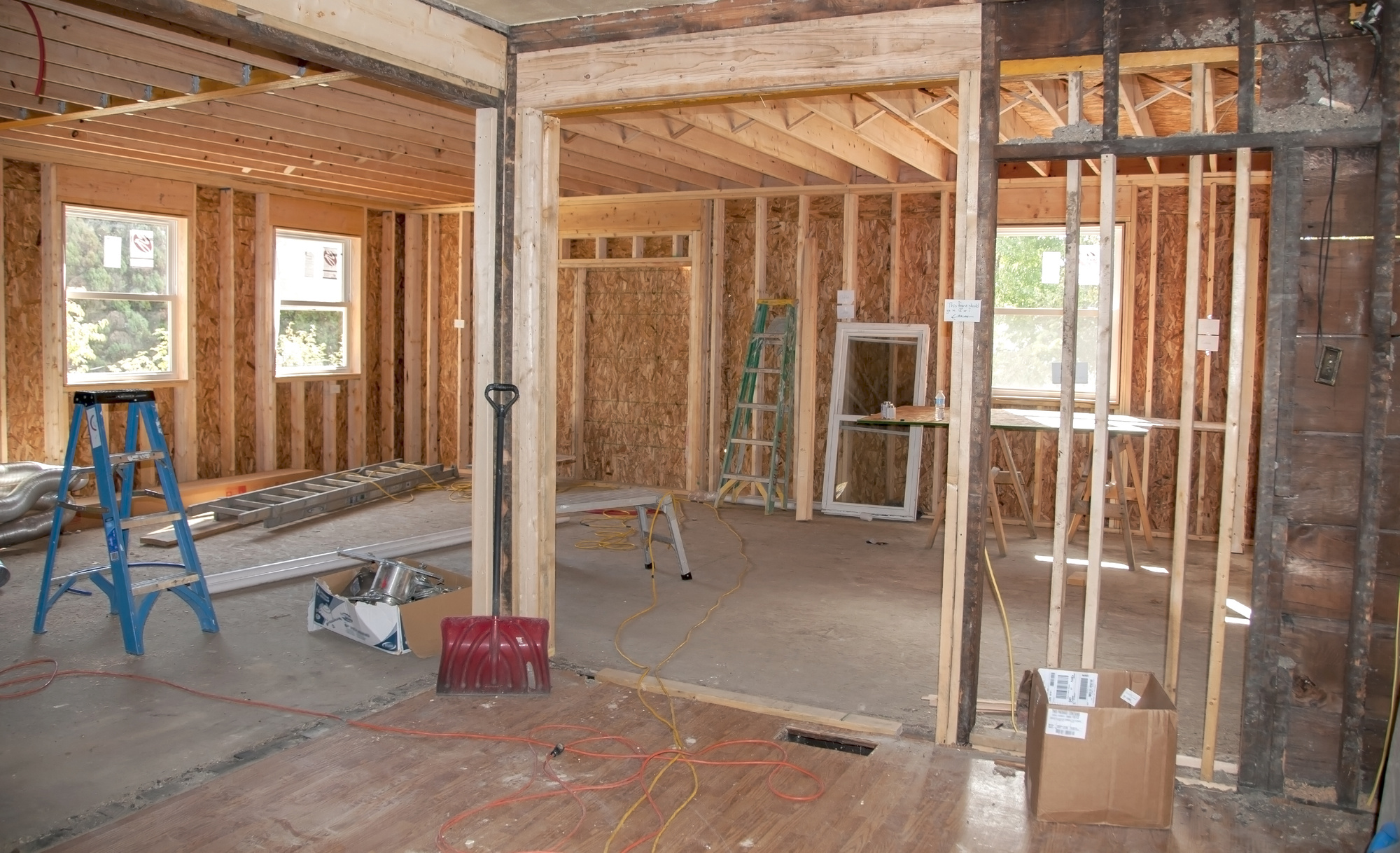In 2022, home renovation costs reached $432 billion. It is a 17% growth compared to the previous year. Interior painting, bathroom renovating, and installing innovative home technologies are the top three home improvement projects.
Many homeowners start with a simple renovation project, only to discover that they need to replace windows, siding, and more. Before they know it, they look at the significant house renovation cost, where the trouble begins.
Renovation is a trend that will continue throughout the next few years. Remodeling your current home is a way to improve your existing living space and an investment that will add value to your home. The more money you spend on home renovations and improvements, the more return on investment you’re likely to have.
Below, we outline the five most important things you should know when estimating renovation costs.
Contents
1. Calculate the Renovation Budget
The more detailed and accurate the budget plan, the more successful the project will likely be. The first step to calculating the renovation budget is assessing the number of changes your home needs. It includes things such as planning for measurements, purchasing the materials necessary, and labor costs.
It is essential to research and compare the prices of materials. It will also include any tools and equipment that may be necessary for the renovation.
It is essential to be realistic when predicting future costs. It is also helpful in planning for worst-case scenarios if the renovation lasts longer than expected. Doing the needed research beforehand and financing house renovation will help to create a successful budget.
2. Assess your Renovation Requirements
First and foremost, assess your renovation requirements. Examine your current space, furniture, appliances, and style preferences and honestly assess your needs.
Once you finish it, you can have a better idea of what your needs are. It is also essential to be aware of your budget to go into the process and clearly understand what you can and cannot afford.
It is essential to consider local regulations before undertaking any work, as there may be specific requirements or the need to apply for permits. The building department will evaluate the plan and may require modifications before issuing a receipt.
You may also need to present proof of ownership and zoning compliance. In addition, environmental impact assessments and compliance with other local laws are a must.
Remember to factor in any safety concerns when you’re planning to renovate your house. Making sure you know what is necessary for you and your renovation will ensure a smoother process.
3. Plan for Unexpected Expenses
If you have a limited renovation budget, you should prepare to pay for unforeseen costs. Start by making a list of all of the material and labor costs associated with the renovation. Then, add up the total cost and 10-15% of that amount for the unexpected items.
Discuss potential unexpected expenses before signing any contracts if you are working with a contractor. Make sure also to discuss what the policy is regarding any incidental charges.
Furthermore, it would help if you planned for any structural repairs that may occur. You may only discover such maintenance once the job is already underway, and you will add any costs to the original budget.
Finally, always be aware of any local building codes or regulations that may impact the cost of your renovation. By planning and budgeting for these additional costs, you can ensure that your project runs smoothly with minimal unexpected expenses.
4. Consider Home Renovation Loans
House renovation tips include having the right loan to cover the renovation costs. Home renovation loans are a great way to fund a major renovation project. The loan is secured against the equity in your home, so you only pay as you go.
The repayment terms are flexible, so you can choose the rate of interest that’s best for your budget. You can use these renovation loans to buy appliances, cabinetry, and other materials to upgrade a home.
Before taking out a loan for renovation, it’s essential to consider the ongoing costs and verify that you can absorb the renovation cost in the loan—environmental research regulations or building codes such as energy efficiency or seismic retrofitting. Considering a major renovation, consider a home renovation loan as a cost-effective way to finance the project.
5. Seeking Professional Help
Hiring a contractor with experience in the type of renovation you want is critical. Research and find someone with a good reputation. In addition, you should set realistic expectations and ensure you understand the timeline and cost of the project.
Focus on quality materials and ensure that the contractor adheres to local regulations. It is also crucial to ensure good communication between you and the contractor. It will reduce the chances of errors, delays, and misunderstandings.
Always make sure that the contract is clear and precise so that you can fully understand what you are signing. Taking these necessary steps when looking for professional help for your house remodeling will get you positive results.
House Renovation Cost Considerations
In conclusion, the house renovation cost is essential when considering a remodel. It is important to take the time to research and compare estimates before diving into the project. Durability, budget, green materials, level of access, and understanding of the building process are vital aspects to consider.
Considering all of these factors will ensure that your house renovation project runs smoothly and to your satisfaction. Now that you know all the information, start your project today.
Check out our other blogs for more home improvement tips and advice. We’ve got something for everyone and every home!



